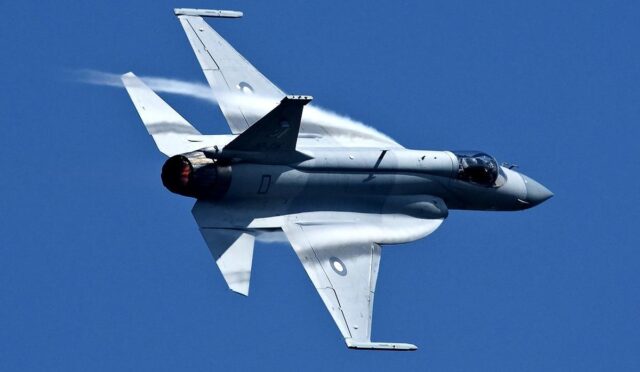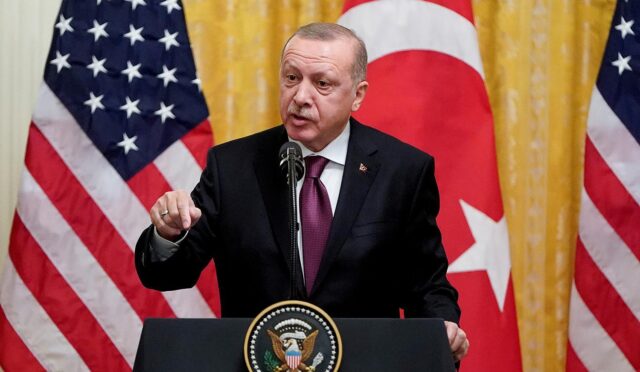Trump Suspends Military Aid to Ukraine
In a controversial move, U.S. President Donald Trump has suspended military aid to Ukraine, significantly increasing pressure on the Ukrainian government to pursue peace negotiations with Russia. This decision follows a highly publicized confrontation between Trump and Ukrainian President Volodymyr Zelensky, as the U.S. leader pushes for a swift resolution to the ongoing conflict. Kremlin spokesman Dmitry Peskov hailed the aid suspension as the “best contribution” to peace, suggesting that it might nudge Kyiv toward a peace process. However, experts warn that halting U.S. arms supply could severely weaken Ukraine’s ability to resist Russian advances.
On Monday, when questioned about the possibility of aid being paused, Trump did not dismiss the idea. A White House official later confirmed that the suspension was indeed taking place, emphasizing the President’s focus on achieving peace. “We need our partners to be committed to that goal as well,” the official stated, highlighting a review of the aid to ensure it aligns with efforts toward a peaceful resolution.
European Response to Aid Suspension
In response to the U.S. suspension of military aid, European Commission President Ursula von der Leyen unveiled a comprehensive five-part plan to mobilize approximately 800 billion euros aimed at strengthening Europe’s defense capabilities and providing immediate military support to Ukraine. “This is a moment for Europe, and we are ready to step up,” von der Leyen announced in Brussels, signaling a commitment to bolster support for Ukraine amid shifting U.S. policies.
Britain has also reaffirmed its commitment to Ukraine, with Deputy Prime Minister Angela Rayner stating that Prime Minister Keir Starmer is “laser-focused” on achieving peace. This continued support from European allies underscores the urgency of the situation and the need for a united front against Russian aggression.
U.S. Political Reaction
The suspension of military aid has sparked swift condemnation from Congressional Democrats, who labeled the move as dangerous and illegal. Gregory Meeks, the top Democrat on the House Foreign Affairs Committee, urged his Republican colleagues to demand the immediate lifting of the aid freeze, criticizing the inconsistency of Republican support for Ukraine. The political fallout from this decision reflects deep divisions within U.S. politics regarding foreign policy and support for Ukraine.
Ukrainian citizens expressed shock and concern over Trump’s decision, fearing it plays into Russian hands. Denys Kazansky, a prominent Ukrainian media commentator, pointed out the contradiction of the U.S. halting military aid while countries like North Korea and Iran continue to support Russia. This situation has added to the anxiety in Ukraine regarding its defense capabilities.
Zelensky’s Response and Ongoing Tensions
In light of the aid suspension, President Zelensky emphasized his desire for a swift end to the war, accusing Russia of not being genuine in its peace overtures. He stressed that only robust security guarantees could pave the way for a resolution. His comments highlight the complex dynamics of the conflict and the challenges of securing lasting peace amidst ongoing hostilities.
Trump’s comments about Zelensky’s leadership style, including warnings about the Ukrainian leader’s longevity in office without a ceasefire agreement, have further complicated relations. The immediate effects of the aid pause have already begun to impact the flow of weapons to Ukraine, raising alarms about the country’s ability to defend itself against Russian aggression.
Concerns Over Future Alliances
Trump’s stance on Ukraine has raised broader concerns about the future of U.S. alliances and the potential for a shift in diplomatic relations toward Russia. Following crisis talks in London, British and French leaders are exploring a potential one-month truce between Ukraine and Russia, which could involve international support, including ground troops. This development signifies a critical moment in the European response to the conflict.
Zelensky has indicated that discussions are still very much in the early stages, noting that an agreement to end the war appears distant. His remarks reflect the ongoing frustrations with the U.S. position, particularly as Ukrainian officials report casualties from Russian missile strikes, underscoring the urgent need for a resolution to the conflict.
Zelensky’s Leadership Under Scrutiny
Despite the challenges he faces, Zelensky has rejected calls for his resignation, asserting that he would step down only if Ukraine were granted NATO membership—something opposed by both Russia and the current U.S. administration. His resolve highlights the precarious position of Ukraine as it navigates both military and political pressures.
As U.S. and Russian officials engage in discussions aimed at resolving the conflict, there is growing concern in Kyiv and across Europe about the implications of sidelining Ukrainian interests in any potential agreement. The fear is that such negotiations could undermine Ukraine’s sovereignty and future security.







